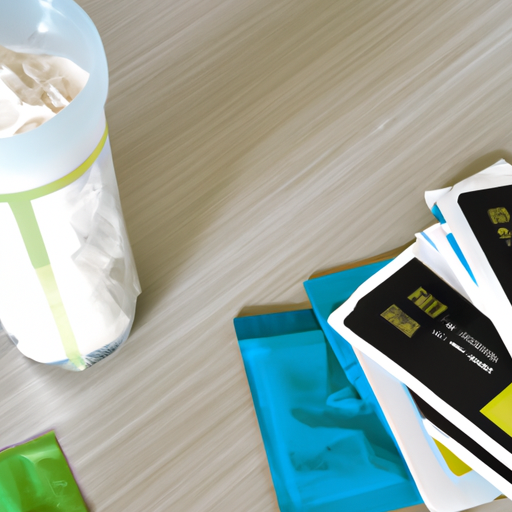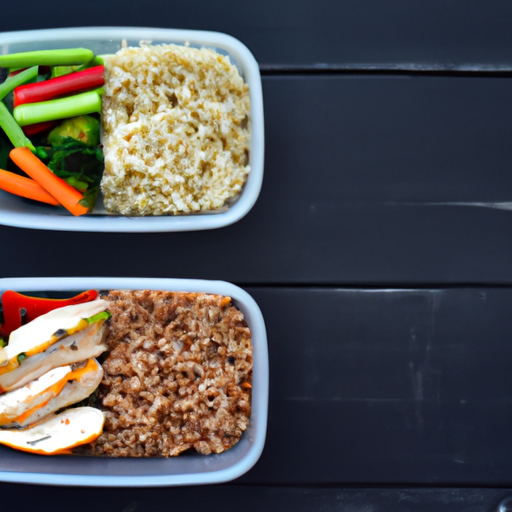
How to Use Electrolytes for Better Hydration
Is there a secret ingredient to ultimate hydration? If you've ever found yourself slumped on the couch after a workout, pondering life’s enigmas, you're not alone. The answer might just lie in electrolytes for hydration, those little ionic miracles that keep us afloat in our watery world.
Understanding the Role of Electrolytes
Electrolytes are minerals that carry an electric charge, playing critical roles in managing bodily functions, especially hydration. Primarily, they include:
- Sodium: Helps in maintaining fluid balance.
- Potassium: Critical for nerve function and muscle contraction.
- Calcium: Essential for nerve impulse transmission and muscle contraction.
- Magnesium: Known for its relaxed vibe, it supports muscle function and energy production.
Why Electrolytes for Hydration Are Essential
Imagine your body as a machine that needs just the right oil and fuel to function optimally. Electrolytes ensure that all parts are running smoothly by maintaining the right amount of water in your cells. Here’s why they matter:
- Regulate fluid levels both inside and outside of cells.
- Balance blood acidity and pressure.
- Enable muscle contractions, including heartbeats.
- Assist in the transmission of nerve signals.
The Delicate Dance of Sodium and Potassium Balance
When it comes to electrolytes, sodium and potassium are dance partners that cannot be out of sync:
- Sodium often represents the leading partner, assisting in fluid retention.
- Potassium helps counter sodium's water-retaining powers, ensuring no one’s hogging the dance floor.
If sodium takes the lead unchecked, that's when bloating and high blood pressure join the party uninvited!
Choosing the Right Sports Drinks
For athletes or those engaging in high-intensity workouts, sports drinks are like that sidekick in superhero stories—essential for saving the day. But not all of them are created equal.
What to Look for in Sports Drinks:
- Electrolyte Content: Look for a balanced mix of sodium, potassium, and other key electrolytes.
- Carbs Count: Thumbs up for drinks that offer rapid energy refuel but watch out for sugar traps.
- Calories: Consider low-calorie options to avoid undoing all that hard workout labor.
- Flavor: Because nobody ever won a hydration contest sipping on something they didn’t like!
DIY Electrolyte Drinks
Feeling adventurous? Try making your own electrolyte concoction at home:
Mix water, a pinch of sea salt (for sodium), a dash of lemon juice (for flavor and potassium), a sprinkle of baking soda, and a touch of honey. Congratulations! You’ve just created an artisanal electrolyte sports drink.
When Do You Need Extra Electrolytes?
Not every walk to the fridge necessitates a sports drink. Here’s when you might consider amping up the electrolytes:
- Heavy Exercise: Activities longer than an hour, especially in hot climates.
- Illness: Conditions like vomiting and diarrhea cause electrolyte depletion.
- Heat Exposure: If you find yourself in a sauna, Mother Nature-approved or otherwise.
- Chronic Conditions: Instances of certain medical conditions may require regular replenishment.
Signs You're Running Low on Electrolytes
Your body isn't shy in throwing out hints. Here are common SOS signals:
- Muscle Cramps: Your muscles love electrolytes. Lack of them can lead to those cringe-worthy spasms.
- Fatigue: Without the right balance, both energy levels and mood can take a nosedive.
- Headaches and Dizziness: Hydration imbalance can lead to brain fog, turning simple tasks into Herculean efforts.
- Rapid Heartbeat: Electrolytes are heart-friendly; a shortage can make your heart dance to a rapid beat.
Common Myths about Electrolytes and Hydration
Because everyone loves a good plot twist, here are myths unravelled on electrolytes and hydration:
Water Alone is Sufficient
Drinking gallons of water without replenishing electrolytes can actually lead to a condition called water intoxication. So, mix it up Don’t worry; you don't need to start drinking water straight from a coconut yet (but it could be fun).
All Sports Drinks Are Healthy
Just because a label screams "electrolytes!" doesn't give it a health halo. Some sports drinks are merely sugar bombs masquerading in a cloak of fitness.
The More Electrolytes, The Better
Too much of anything can be bad, and electrolytes are no exception. Overconsumption can lead to an imbalance, causing issues like hypernatremia or hyperkalemia. Who knew something healthy could have such ominously sounding side effects?
Best Practices for Electrolyte Management
So, how do you navigate this electrifying dance?
- Balance Your Diet: Whole foods like fruits, vegetables, nuts, and seeds pack a punch of necessary electrolytes.
- Choose Potassium-Rich Foods: Bananas, oranges, and spinach can help maintain the sodium and potassium balance.
- Assess Needs During Workouts: Use sports drinks wisely based on workout intensity and duration.
- Listen to Your Body: Muscle spasms, cravings, and fatigue may be your body whispering for electrolytes.
Conclusion: Quenching the Thirst, the Right Way
So, there you have it—a crash course on electrolytes for hydration. They’re not just for the sports elite or the gym bunnies but crucial for everyone. Highlighting sodium and potassium’s tango, the art of consuming sports drinks, and the perils of myths, understanding electrolytes means stepping onto life’s vibrant stage, hydrated and ready.
Remember, balanced electrolytes mean your body is in perfect harmony—not unlike a perfectly brewed cup of tea on a rainy afternoon.
So, next time you reach for a drink, whether post-gym or just brunch, may your choices be electrifying!
